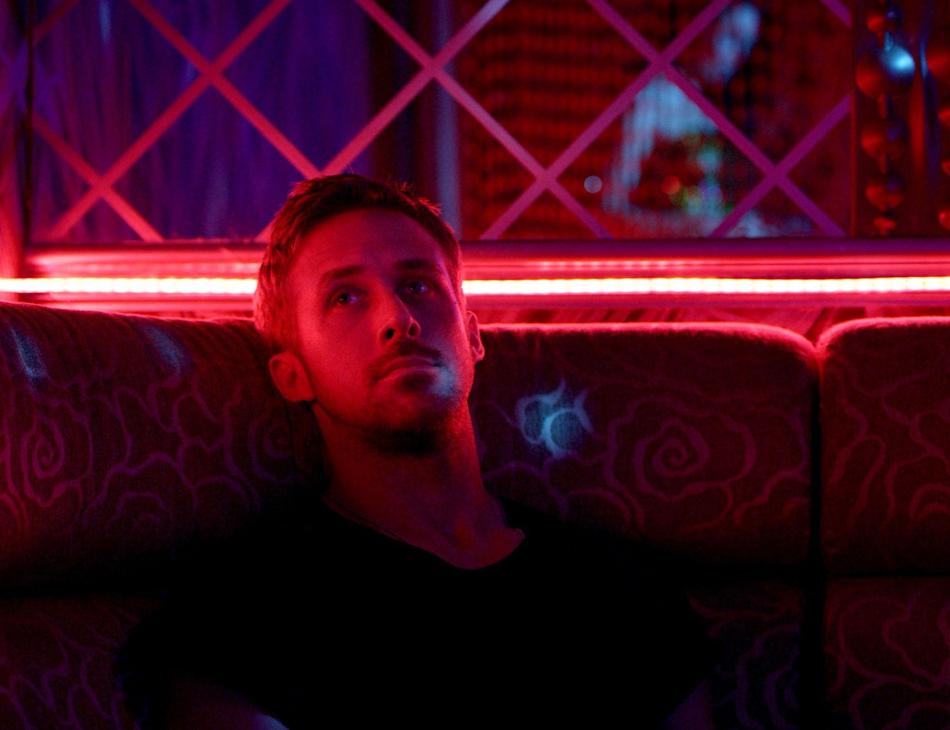Only God Forgives
There are two things happening in Nicolas Winding-Refn's ode to redemption, and one thing that isn't. Let's take them one at a time.
Firstly then, Only God Forgives places heavy focus on aesthetics and mise en scene as mood amplifiers rather than just tools with which to establish a sense of location and era; a dark desire to toy with our senses, bewilder and leave us feeling disoriented dominates the film. Camera's pan 360-degrees across rooms containing people who could not possibly be there, then the scene moves on and we realise it was a slick device used to accelarate the narrative and accentuate the decidedly edgy, unnerving atmosphere that defines this piece.
Secondly, it reveals a filmmaker who clearly understands how to develop tension with sparsity- shadowy back walls, acres of speechless silence and very few characters. What Only God Forgives doesn't do is engage in a reckless, morally bankrupt celebration of ultra-violence as some critics suggested when it first arrived at the cinema. Not that the tale isn't infected with a bloodlust.
The second title to be directed by Winding-Refn and to star Ryan Gosling, it's refreshingly different to the first, Drive, a flick that's so enjoyably simple it would probably have been tempting to remake and re-imagine it for outing number two. Whereas that was all Hollywood gloss (quite literally, focusing on a movie stunt driver who makes a decent sideline in getaways and underhand deals) this is pure, unadulterated dirt and sleaze. Of course the two can be the same thing in many ways, but the differences are obvious. So before we saw attempts to protect a child from the ruthless society of criminals that exists beneath Tinsel Town's projected image, here we aren't given a single likeable character. Each is nightmarish in their own unique way, and the circumstances match.
In a similar vein to Revenge, one of three flicks in the Martin Scorsese Presents World Cinema Foundation box set we covered recently, here the story focuses on family loyalty, and the need to settle scores between enemies and loved ones. Gosling's Julian is the successful drug dealer whose brother is killed by the father of a girl he raped and murdered. Spurred on by a need to satisfy his mother, or more accurately manipulated into action by the maternal fiend (an excellent, intimidating and out of type Kristen Scott Thomas), the star of the show must track down the detective who investigated the death of the girl, as he allowed her dad to take vengeance, before killing the still-grieving father in a final attempt to restore equilibrium. This payback is easier said than done, however, with the cop in question a dab hand at martial arts and general combat- both armed and hand to hand.
In the end it doesn't really matter who wins, though. The police officer is only a few rungs higher on the ethical ladder than the bad guys proper, who themselves have little by way redeeming qualities. Be warned then, watching Only God Forgives will make you feel as seedy and tainted as the sickly red glow that pervades many of the scenes, often resulting from dull neon strip lights shining in through some filthy window or other. But, realistically speaking, that's both its genius and our delight. In the same way as any great film noir then, stepping into this nasty, rotten realm offers a form of realistic escapism that we found impossible to resist, and put money on the fact you'll feel the same when it arrives on DVD and Blu-ray 2nd December.











